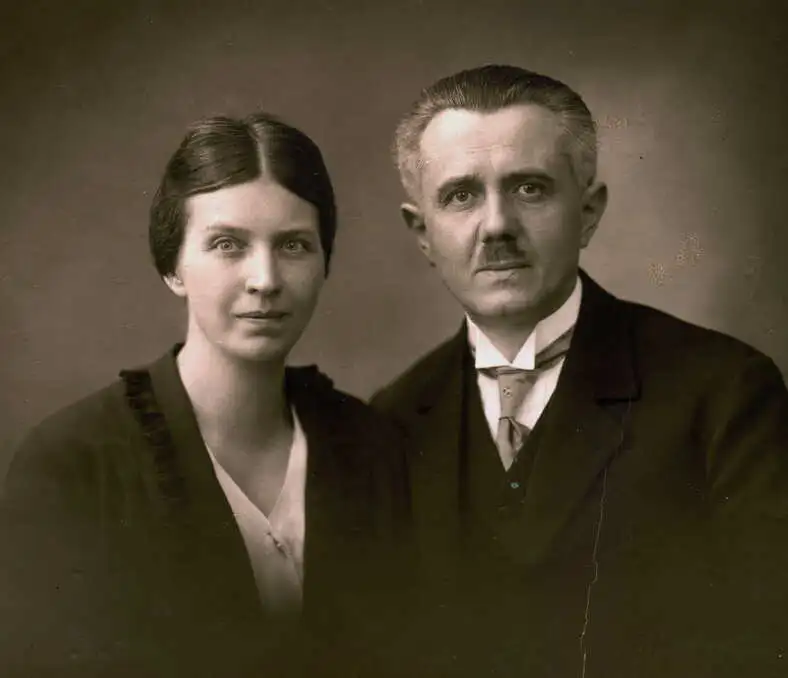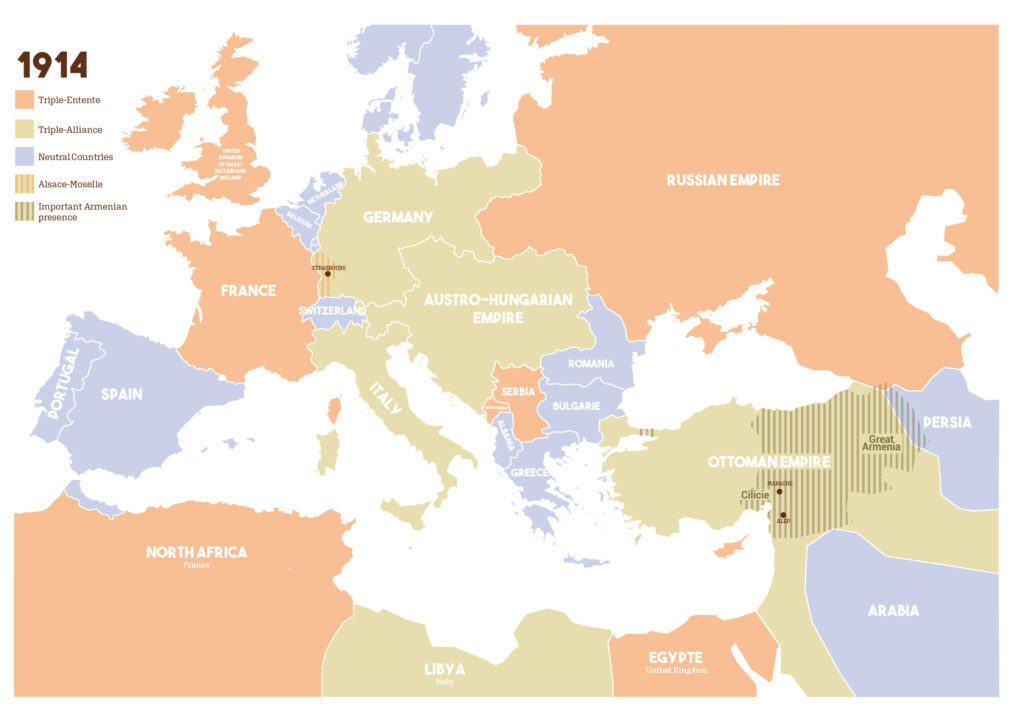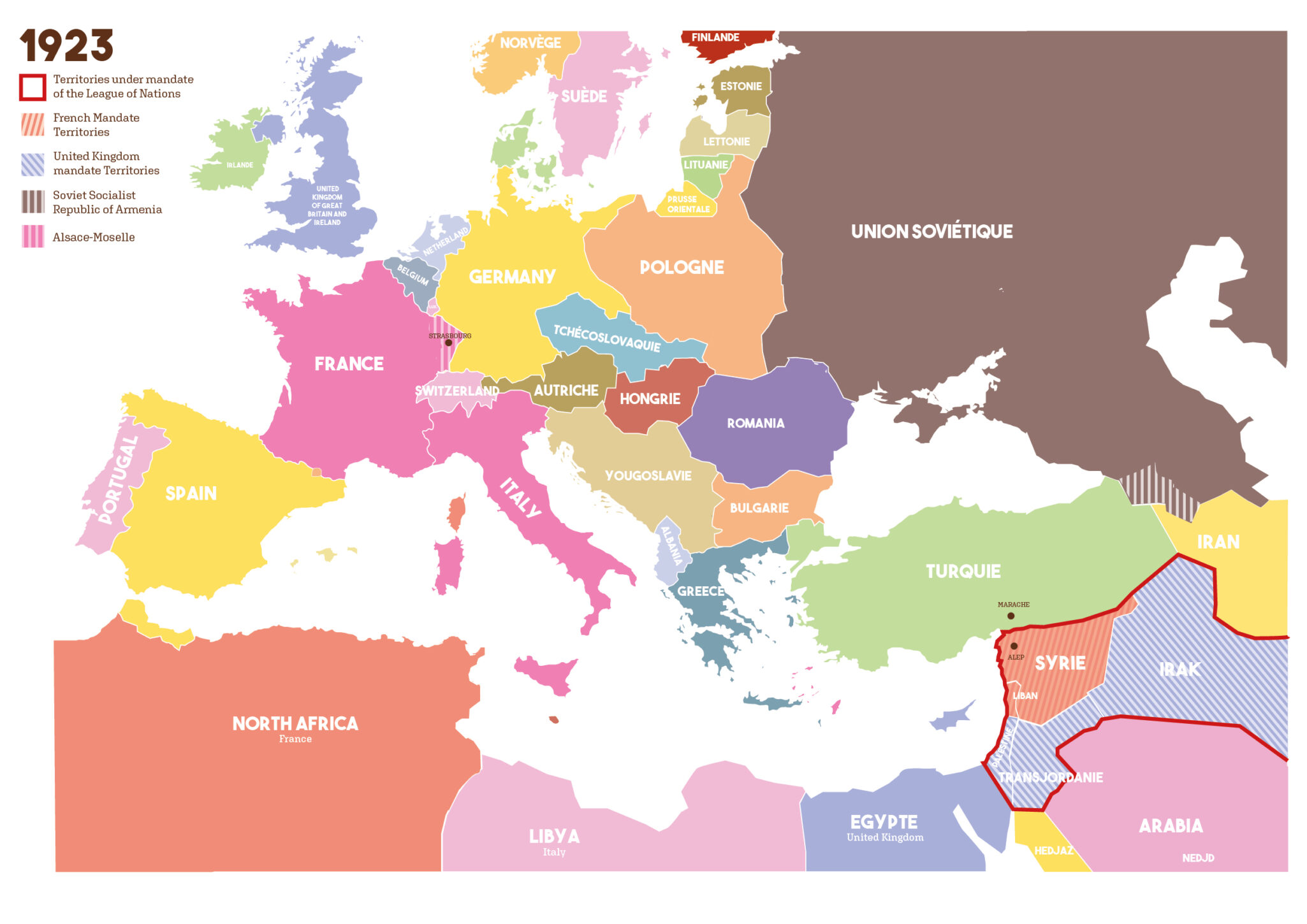Paul Berron stayed in the East until 1919 and this experience determined his future. Indeed, he witnessed the genocide that struck the Armenian community in Aleppo.
Lead by a radical nationalist ideology, the Ottoman Empire began in 1915 a systematic campaign to destroy its minority Christian populations, in particular Armenian and Assyrian, present in Anatolia. A series of brutal massacres and deportation to camps in the Syrian Desert led to the death of an estimated 1.5 million ethnic Armenians.
Several of these camps, with atrocious living conditions, were set up in the Aleppo area and Paul Berron, with other Westerners, was able to carry out some humanitarian aid work.
Human remains on the extermination site in Deir Ezzor, in the Syrian desert


